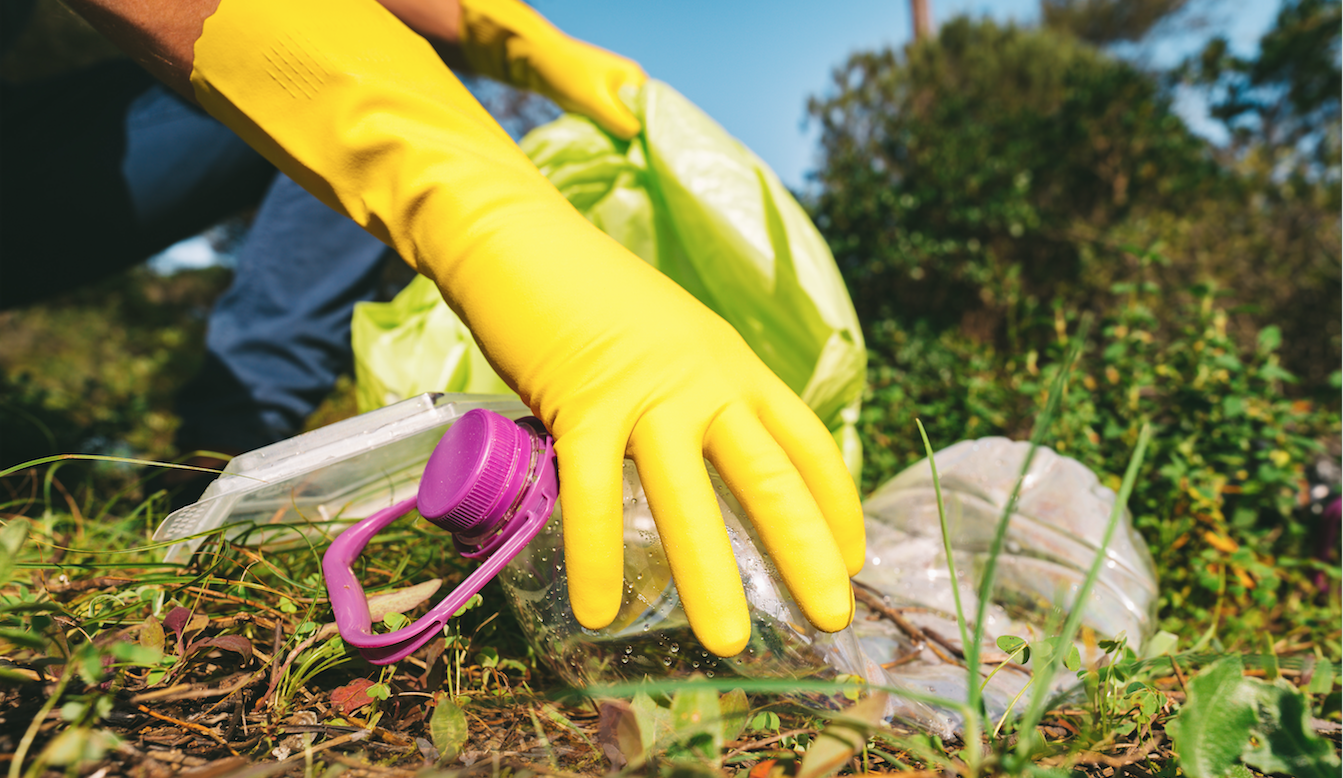
EARTH DAY AS HOLY DAY

Earth Day, April 22, is not found on the Catholic liturgical calendar. Other ecological dates have turned up: on September 1 the Church celebrates the World Day of Prayer for the Care of Creation, which also marks the beginning of the Season of Creation, that extends yearly until October 4, the feast of St. Francis of Assisi, friend of the Earth and patron saint of ecologists.
If Catholics already celebrate creation in the fall, why would they bother repeating it in the spring? The Gospel of John gives a clear answer: “For God so loved the world that he gave his only Son, so that everyone who believes in him may not perish but may have eternal life. Indeed, God did not send the Son into the world to condemn the world, but in order that the world might be saved through him (John 3:16-17).”
God so loves the world that God willingly suffers to save it. If that’s not cause for sober celebration, I can’t think of much else that is.
How does God, the Almighty, suffer? Certain theologies insist that God is immutable and impassible, meaning that change and pain cannot touch a completely transcendent being. But this paints a pretty cold picture of someone whom faith tells us is our Father/Mother. People who lack all empathy are often diagnosed as psychopathic, hardly a quality we want to attribute to our gracious Creator. The only way to preserve both divine power and divine warmth is to believe that God suffers by witnessing the suffering of loved ones.
Recently, I have become witness to suffering that saddens me deeply. The pandemic has positioned me to see, up close and personal, the devastating effects of drug addiction, particularly to Fentanyl and crystal meth. In the past 6 months, I have watched several people lose their teeth, their sense of selves and nearly their lives. It breaks the heart to stand helpless in the face of self-destruction, as beautiful children of God attempt to silence the screaming traumas of their pasts through soul-corroding poisons.
If my small, too-often hardened heart hurts at the sight of addiction, God’s infinitely vast and tender heart must split or shatter. Now multiply this pain by billions and you begin to appreciate the size of God’s suffering. For addictions are not the troubling exception of a minority of unfortunates, but the terrible rule for contemporary humanity. Most of us are addicts, and it kills God to watch us smoke, snort and inject ourselves to death.
The substances of worldwide addictions are many, but the major ones these days are plastics, fossil fuels, agricultural chemicals and rare metals for electronics. Our uncontrolled use of these substances have led to crippling dependencies and destructive habits robbing our lives of their vitality, vibrancy and even viability. The historically brief high we are getting off them is accruing untold damages on the long-term health of our bodies, the Earth’s body, and the bodies of those creatures, human and otherwise, yet to come.
When considered fully, substances in themselves have little addictive pull; it is their physiological and psychological effects that we crave. Our oil and plastics are just gateways to the convenience, pleasure, thrill, euphoria, pride and power that we desire to such a degree that we are willing to trade in overall, planetary well-being to experience them. God, who longs for our greatest, fullest good, groans to witness us settle for suicidal surrogates that eat away earthly life that was made to be abundant.
The fact that industrial chemicals, petroleum and the other destinations of our addictions were intended to enhance human life rather than deface it does not delegitimize the analogy made here to hard drugs. Many of the opioids now behind tens of thousands of fatal overdoses were developed for medical purposes. Whatever God made good can be desecrated by harmful abuse.
We need Earth Day as a reminder of how much both we and God suffer from our collective, addictive behaviour. We need to celebrate soberly Earth Day as an opportunity to commit to coming clean from the trash we keep pumping into our individual and worldly bodies. We need to consecrate Earth Day as a global moment of rehabilitation that will allow us re-inhabit ourselves and our planet with love, care and grace.
Greg Kennedy SJ is a Jesuit priest working as a spiritual director at the Ignatius Jesuit Centre in Guelph, Ontario. His prayer often takes the form of poetry. Care of creation is central to his vocation. His recent publications include Reupholstered Psalms: Ancient Songs Sung New and Amazing Friendships Between Animals and Saints.


